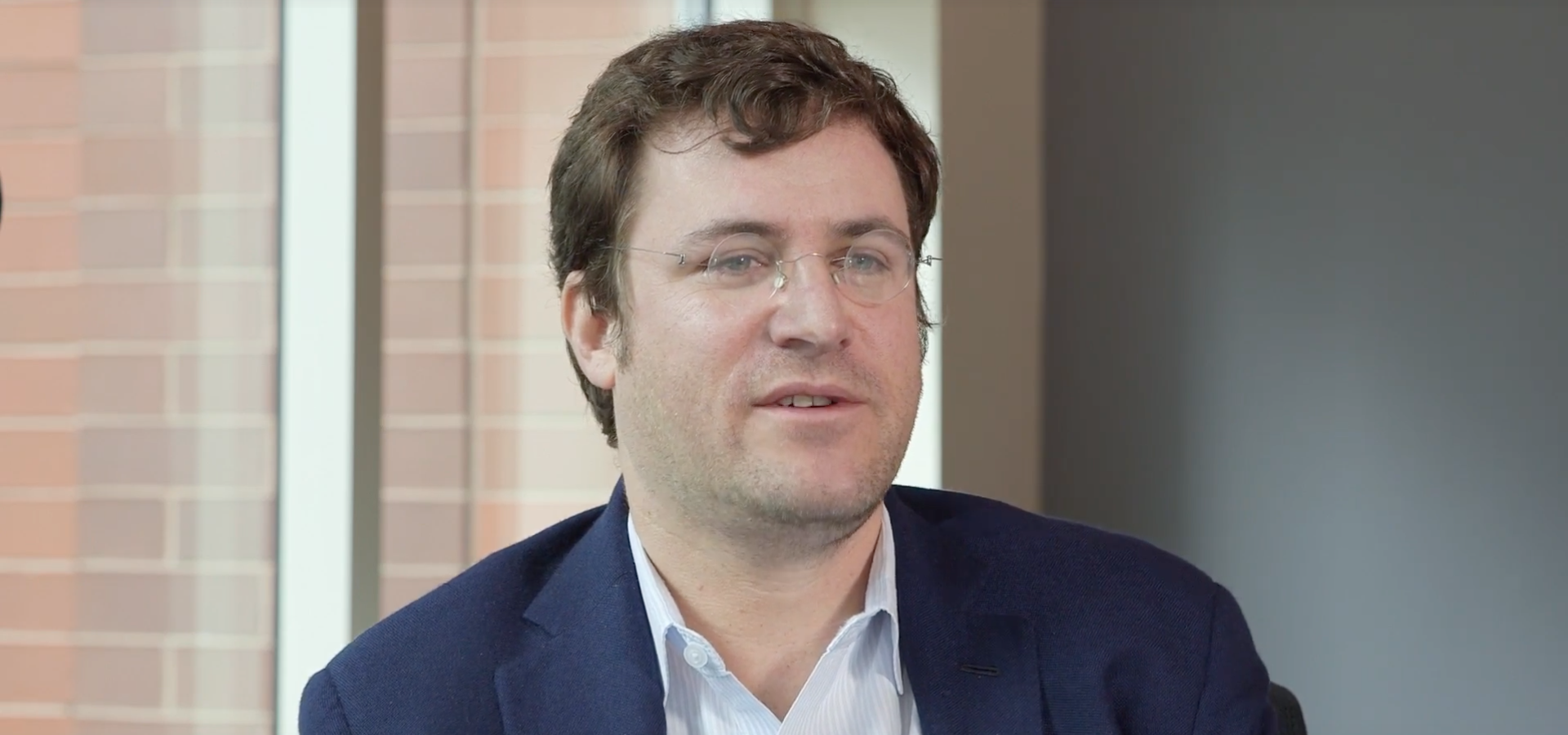Illinois Facebook users have moved closer to getting money from the social media giant as part of a $650 million biometrics class action settlement, after a federal appeals panel signed off on allowing the lawyers who led that class action to claim their $97.5 million share of the deal.
On March 17, the U.S. Ninth Circuit Court of Appeals in California rejected objections to the nearly $100 million attorney fees that a California federal judge said the plaintiffs’ lawyers had earned.
In their ruling, the appellate judges specifically declared the fee award was not outrageous. They noted the $97.5 million attorney fees amounted to 15% of the total $650 million settlement fund, and falls in line with attorney fee awards in 11 other settlements that ranged from $400 million to $800 million.
The fees will be paid to attorneys Jay Edelson, Paul J. Geller, and Ross M. Kamhi, Lawrence A. Sucharow, Joel H. Bernstein and Corban S. Rhodes, and others with the firms of Edelson P.C., of Chicago; Labaton Sucharow, of New York; and Robbins Geller Rudman & Dowd, of San Francisco and Chicago.
The appellate ruling comes as the latest step toward completing the payout from Facebook in the settlement of the landmark class action brought under the Illinois Biometric Information Privacy Act.
That law has spawned thousands of class action lawsuits in recent years against a range of businesses, of many different sizes and types.
The bulk of those lawsuits have targeted employers who require workers to scan their fingerprints to verify their identity when punching the clock at the beginning and end of work shifts.
But a number of the class actions have also taken aim at big tech companies, including Facebook, Google, Shutterfly, and more.
The lawsuits generally claim the companies have failed to abide by the BIPA law’s provisions requiring companies to obtain consent from users and provide them with certain notices before scanning their biometric identifiers, such as fingerprints or facial geometry.
Illinois courts have generally knocked down most legal defenses mounted by companies to the lawsuits, leaving companies largely exposed to potentially massive claims.
The BIPA law allows plaintiffs to claim damages of $1,000-$5,000 per violation. Courts have defined individual violations as each time a company scans a biometric identifier without consent or notice.
The potential for damages in the many millions or even billions of dollars has persuaded many companies to agree to settle to avoid risky jury trials.
But no settlement has, to date, come anywhere near the amount Facebook has agreed to pay.
The Facebook case centered on claims the social media titan had failed to obtain consent or provide notice to Facebook users and others in Illinois before Facebook’s applied its photo tagging algorithm to scan their faces in photos uploaded to the social media platform.
In court documents and other filings, the parties have indicated damages in that case could have exceeded $5 billion, if the case had gone to trial.
The case had originated in Cook County Circuit Court. Facebook, which is based in California, then removed the case to federal court and transferred the case to the Northern District of California in San Francisco.
However, there, Judge Donato and, ultimately, the U.S. Ninth Circuit Court of Appeals ruled Facebook could not escape the lawsuit. The courts ruled that companies operating outside of Illinois can be held liable under the Illinois law, simply because they have customers in Illinois.
Further, the California federal courts, relying heavily on a decision from the Illinois Supreme Court, found the plaintiffs don’t need to show they were actually harmed by the facial image scans to bring such a massive class action under the BIPA law’s technical notice and consent provisions.
Under the settlement, Illinois Facebook users included as members of the plaintiffs class could receive payments of at least $345 each.
Those payments, however, have been on hold, as the courts have dealt with objections to the settlement.
In this instance, objectors specifically asserted the $97.5 million attorney fee award was excessive. They urged the court to lower the fee award significantly.
The Ninth Circuit, however, disagreed, keeping the fee award in place.
It is not yet known when payments from the settlement will be disbursed to class members.
